Home>Construction & Tools>Building Materials>What Bit To Use To Drill Into Brick
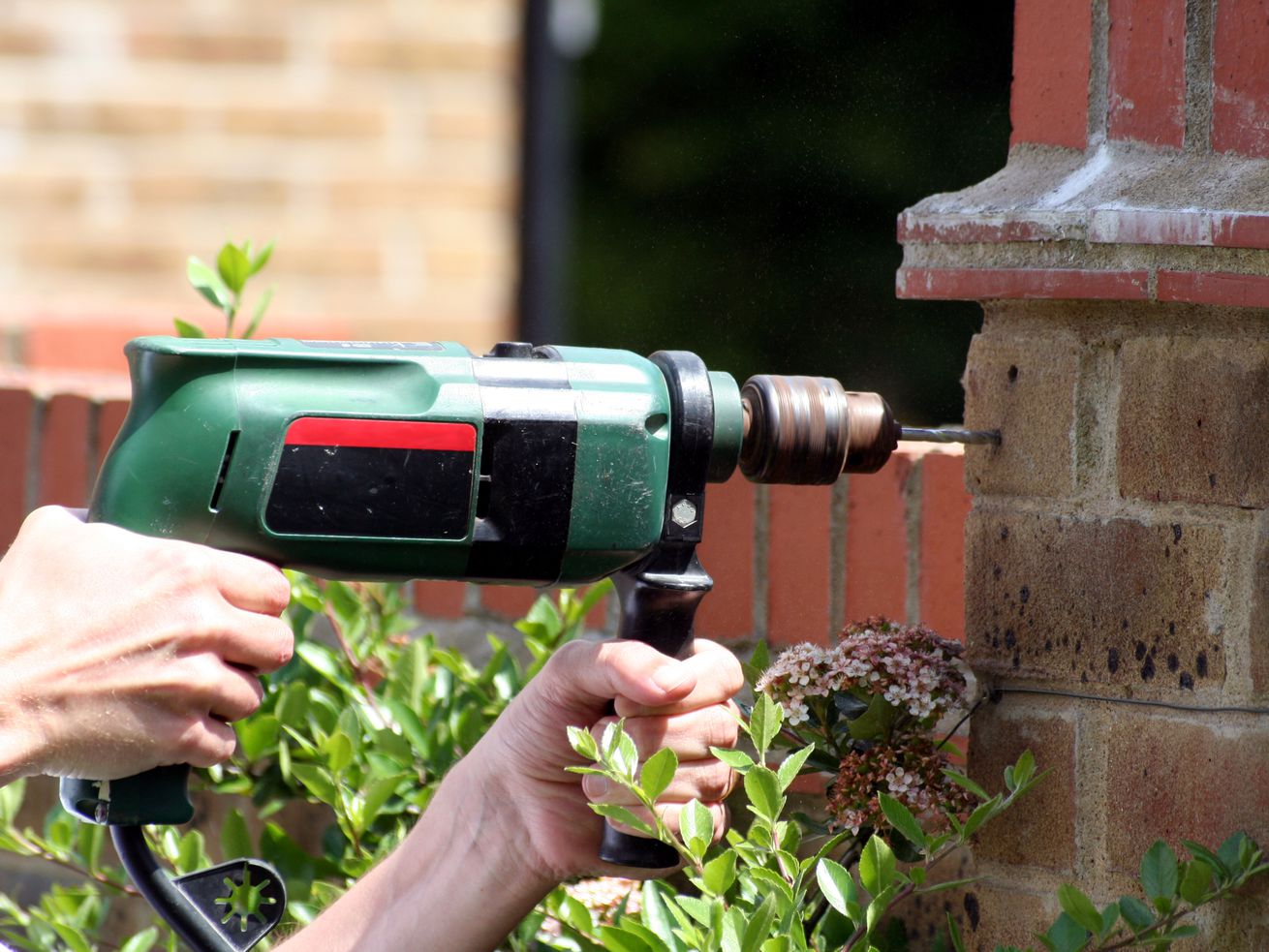

Building Materials
What Bit To Use To Drill Into Brick
Modified: August 28, 2024
Find the right drill bit for brick and other building materials. Get expert tips on drilling into brick for your next project.
(Many of the links in this article redirect to a specific reviewed product. Your purchase of these products through affiliate links helps to generate commission for Storables.com, at no extra cost. Learn more)
Introduction
Welcome to the world of construction and DIY projects! If you're planning to drill into brick, you've come to the right place. Whether you're a seasoned professional or a budding enthusiast, knowing which drill bit to use can make all the difference in achieving a successful outcome. The task may seem daunting at first, but with the right information and tools at your disposal, you'll be well-equipped to tackle this endeavor with confidence.
In the following sections, we'll explore the various types of drill bits designed for brick, including masonry drill bits, carbide-tipped drill bits, and diamond-tipped drill bits. Each type offers unique advantages and is tailored to specific drilling needs. By understanding the characteristics of these drill bits, you'll be able to make an informed decision when it comes to selecting the most suitable option for your project.
So, grab your hard hat and let's dive into the world of drill bits and brickwork. Whether you're enhancing your living space with a new feature or embarking on a professional construction project, this guide will equip you with the knowledge needed to choose the right tool for the job. Let's get started!
Key Takeaways:
- Choose the Right Bit for Brick
Select the right drill bit based on the density of the brick, project precision, longevity, and expertise level. Masonry, carbide-tipped, and diamond-tipped bits offer options for different needs. - Diamond-Tipped Drill Bits for Precision
For intricate masonry work and fine openings, diamond-tipped drill bits with industrial-grade diamonds offer unparalleled precision and durability in tackling challenging brick drilling tasks.
Types of Drill Bits
Drill bits come in various shapes, sizes, and materials, each tailored to specific drilling tasks. When it comes to drilling into brick, it’s essential to understand the different types of drill bits available and their respective features. Whether you’re aiming for precision, speed, or durability, there’s a drill bit designed to meet your needs. Let’s explore the main types of drill bits commonly used for brickwork:
- Masonry Drill Bits: These robust drill bits are specifically engineered for drilling into tough materials such as brick, concrete, and stone. They feature a carbide tip for enhanced durability and are designed to withstand the high impact and friction associated with masonry work. Masonry drill bits are available in various diameters to accommodate different project requirements, making them a versatile choice for brick drilling.
- Carbide-Tipped Drill Bits: Known for their exceptional hardness and heat resistance, carbide-tipped drill bits are ideal for demanding drilling tasks, including brickwork. The carbide tip, composed of tungsten carbide particles, ensures superior strength and longevity, making these drill bits well-suited for challenging materials like brick. Whether you’re drilling pilot holes or creating precise openings, carbide-tipped drill bits offer reliability and performance.
- Diamond-Tipped Drill Bits: For the most demanding brick drilling applications, diamond-tipped drill bits reign supreme. These cutting-edge drill bits feature industrial-grade diamonds bonded to the tip, enabling them to effortlessly penetrate brick and other hard materials. Diamond-tipped drill bits excel in terms of precision and durability, making them a top choice for professionals and enthusiasts seeking unparalleled performance.
Each type of drill bit has its unique strengths, and understanding their characteristics is crucial for achieving optimal results when drilling into brick. Whether you prioritize speed, durability, or precision, there’s a drill bit tailored to meet your specific requirements. As we delve deeper into the world of brick drilling, we’ll explore the factors that can help you choose the most suitable drill bit for your project.
Masonry Drill Bits
When it comes to drilling into tough materials such as brick, concrete, and stone, masonry drill bits are the go-to choice for both professionals and DIY enthusiasts. These robust drill bits are engineered to withstand the high impact and friction encountered during masonry work, making them indispensable for a wide range of construction and renovation projects.
One of the key features of masonry drill bits is their carbide tip, which sets them apart from standard drill bits. The carbide tip, composed of tungsten carbide particles, enhances the durability and hardness of the drill bit, allowing it to effectively penetrate hard materials without succumbing to wear and tear. This exceptional toughness makes masonry drill bits well-suited for drilling into brick, which is known for its density and resistance.
Another notable characteristic of masonry drill bits is their versatility in accommodating various project requirements. These drill bits are available in a range of diameters, allowing you to select the most suitable size for your specific drilling needs. Whether you’re creating small openings or larger boreholes, masonry drill bits offer the flexibility to handle diverse tasks associated with brickwork.
It’s important to note that when using masonry drill bits, employing the correct drilling technique is paramount. To maximize the effectiveness and lifespan of the drill bit, it’s advisable to apply steady pressure and use a slow rotational speed when drilling into brick. This approach minimizes the risk of overheating and ensures a smooth, controlled drilling process, ultimately leading to precise and clean-cut results.
Whether you’re embarking on a home improvement project or engaging in professional construction endeavors, masonry drill bits are essential tools for tackling brick drilling with confidence and efficiency. Their durability, versatility, and ability to withstand the rigors of masonry work make them indispensable assets in the toolkit of anyone seeking to achieve precision and reliability in brick drilling.
Carbide-Tipped Drill Bits
Carbide-tipped drill bits are renowned for their exceptional hardness, heat resistance, and durability, making them a popular choice for demanding drilling tasks, including brickwork. The key distinguishing feature of these drill bits is the carbide tip, which is composed of tungsten carbide particles. This robust material imbues the drill bits with the strength and longevity necessary to effectively penetrate hard materials such as brick.
When it comes to drilling into brick, carbide-tipped drill bits offer several advantages that cater to the specific challenges posed by this dense and resilient material. The hardness of the carbide tip enables the drill bit to maintain its sharpness and structural integrity even when subjected to the high impact and friction associated with brick drilling. This translates to sustained performance and extended lifespan, ensuring that the drill bit remains reliable throughout the duration of the project.
Furthermore, carbide-tipped drill bits excel in terms of heat resistance, mitigating the risk of overheating during prolonged or intensive drilling sessions. This attribute is particularly valuable when working with brick, as the material’s density and hardness can generate significant heat during the drilling process. By leveraging the superior heat resistance of carbide-tipped drill bits, you can maintain optimal drilling efficiency and minimize the potential for thermal damage to the tool.
Whether you’re drilling pilot holes, creating precise openings, or executing intricate masonry work, carbide-tipped drill bits offer the durability and performance needed to achieve consistent results. Their ability to withstand the rigors of brick drilling, coupled with their exceptional hardness and heat resistance, makes them invaluable assets for professionals and DIY enthusiasts alike.
By harnessing the strength and reliability of carbide-tipped drill bits, you can approach brickwork with confidence, knowing that you have a tool capable of meeting the challenges posed by this formidable material. Whether you’re enhancing your living space or undertaking a large-scale construction project, carbide-tipped drill bits empower you to achieve precision and efficiency in your brick drilling endeavors.
Use a carbide-tipped masonry bit to drill into brick. These bits are designed to handle the hardness of brick and will provide the best results. Make sure to use a slow and steady drilling speed to avoid damaging the brick.
Diamond-Tipped Drill Bits
When it comes to tackling the most demanding brick drilling applications, diamond-tipped drill bits stand out as the pinnacle of precision and durability. These cutting-edge drill bits feature industrial-grade diamonds bonded to the tip, harnessing the unparalleled hardness and abrasion resistance of diamond to effortlessly penetrate brick and other hard materials.
The exceptional hardness and durability of diamond-tipped drill bits make them the preferred choice for professionals and enthusiasts seeking unparalleled performance in brick drilling. The industrial-grade diamonds, meticulously bonded to the tip of the drill bit, enable it to maintain its sharpness and structural integrity even when subjected to the formidable challenges posed by dense and resilient materials like brick.
One of the standout advantages of diamond-tipped drill bits is their unparalleled precision, allowing for clean and precise drilling with minimal chipping or damage to the surrounding material. This precision is particularly valuable when working on intricate masonry projects or when the utmost accuracy is required. Whether you’re creating fine openings, executing detailed designs, or undertaking delicate brickwork, diamond-tipped drill bits empower you to achieve immaculate results.
Furthermore, the exceptional durability and abrasion resistance of diamond-tipped drill bits ensure their longevity and sustained performance throughout the duration of the project. Whether you’re embarking on a large-scale construction endeavor or engaging in meticulous renovation work, the reliability and consistency offered by diamond-tipped drill bits make them indispensable tools for achieving superior outcomes in brick drilling.
By harnessing the power of industrial-grade diamonds, diamond-tipped drill bits represent the pinnacle of precision, durability, and performance in the realm of brick drilling. Their ability to effortlessly penetrate hard materials, coupled with their unrivaled precision and longevity, positions them as the tool of choice for those seeking to achieve flawless results in brickwork.
Whether you’re a professional craftsman or a passionate DIY enthusiast, diamond-tipped drill bits empower you to approach brick drilling with confidence, knowing that you have a tool capable of delivering exceptional precision and reliability, even in the face of the most challenging masonry tasks.
Read more: How To Store Drill Bits
Choosing the Right Bit for Brick
When it comes to selecting the most suitable drill bit for brick drilling, several factors come into play, each influencing the effectiveness and precision of the drilling process. By considering these key aspects, you can make an informed decision and choose the right bit that aligns with your specific project requirements and desired outcomes.
Material Density and Hardness: Understanding the density and hardness of the brick or masonry material you’re working with is crucial in determining the type of drill bit best suited for the task. For standard brickwork, masonry drill bits or carbide-tipped drill bits may suffice, offering the necessary durability and strength to penetrate the material effectively. However, when dealing with exceptionally dense or reinforced brick, diamond-tipped drill bits emerge as the optimal choice, harnessing the unparalleled hardness of industrial-grade diamonds to achieve precise and clean-cut results.
Project Scope and Precision: Assessing the scope and precision requirements of your project is essential in choosing the right drill bit. For general drilling tasks and standard brickwork, masonry drill bits and carbide-tipped drill bits offer versatility and reliability. If your project demands meticulous precision, intricate designs, or fine openings, diamond-tipped drill bits excel in delivering immaculate results with minimal chipping or damage to the surrounding material.
Longevity and Performance: Considering the duration and intensity of the drilling task is vital when selecting a drill bit. For prolonged or intensive drilling sessions, particularly in challenging materials like brick, prioritizing the longevity and sustained performance of the drill bit is crucial. Carbide-tipped drill bits and diamond-tipped drill bits, renowned for their durability and heat resistance, offer the reliability and consistency needed to maintain optimal performance throughout the project.
Project Scale and Expertise: The scale of your project and your level of expertise also play a role in choosing the right drill bit. For smaller-scale projects or occasional DIY tasks, masonry drill bits and carbide-tipped drill bits provide the necessary strength and versatility to accomplish the job effectively. However, for professional construction endeavors or intricate masonry work requiring exceptional precision, diamond-tipped drill bits are the tool of choice, empowering experienced craftsmen and enthusiasts to achieve flawless results.
By carefully evaluating these factors and understanding the unique characteristics of masonry drill bits, carbide-tipped drill bits, and diamond-tipped drill bits, you can make an informed decision that aligns with the specific demands of your brick drilling project. Whether you prioritize durability, precision, or versatility, there’s a drill bit tailored to meet your needs, equipping you with the tools to achieve outstanding results in brickwork.
Conclusion
Congratulations! You’ve embarked on a journey into the world of brick drilling, delving into the diverse array of drill bits designed to tackle the challenges posed by this formidable material. Armed with knowledge about masonry drill bits, carbide-tipped drill bits, and diamond-tipped drill bits, you’re now equipped to make informed decisions when selecting the right tool for your brick drilling endeavors.
As you’ve discovered, masonry drill bits stand as reliable workhorses, offering the durability and versatility needed for standard brickwork and general masonry tasks. Their carbide tips empower them to withstand the rigors of drilling into tough materials, making them indispensable assets for a wide range of construction and renovation projects.
Carbide-tipped drill bits, with their exceptional hardness and heat resistance, have proven to be invaluable allies in the realm of demanding drilling tasks, including brickwork. Their ability to maintain sharpness and structural integrity, even in the face of intense friction and impact, positions them as trusted companions for those seeking durability and reliability in their brick drilling pursuits.
And then, there are the extraordinary diamond-tipped drill bits, harnessing the unparalleled hardness and precision of industrial-grade diamonds to achieve flawless results in the most challenging brick drilling applications. Their ability to penetrate hard materials with immaculate precision, coupled with their exceptional durability, makes them the pinnacle of performance for professionals and enthusiasts seeking perfection in their masonry endeavors.
By considering factors such as material density, project scope, longevity, and expertise, you can now navigate the intricate landscape of drill bit selection with confidence and clarity. Whether you’re enhancing your living space with a new feature, embarking on a professional construction project, or engaging in intricate masonry work, the right drill bit awaits, ready to empower you to achieve outstanding results in brick drilling.
As you venture forth into your brick drilling adventures, remember that the right tool, coupled with knowledge and precision, can transform daunting tasks into rewarding accomplishments. Whether you’re creating openings, executing designs, or enhancing structures, the world of brick drilling is now yours to conquer, armed with the insights and tools to excel.
So, go forth with confidence, and may your brick drilling endeavors be marked by precision, durability, and the satisfaction of a job well done!
Frequently Asked Questions about What Bit To Use To Drill Into Brick
Was this page helpful?
At Storables.com, we guarantee accurate and reliable information. Our content, validated by Expert Board Contributors, is crafted following stringent Editorial Policies. We're committed to providing you with well-researched, expert-backed insights for all your informational needs.
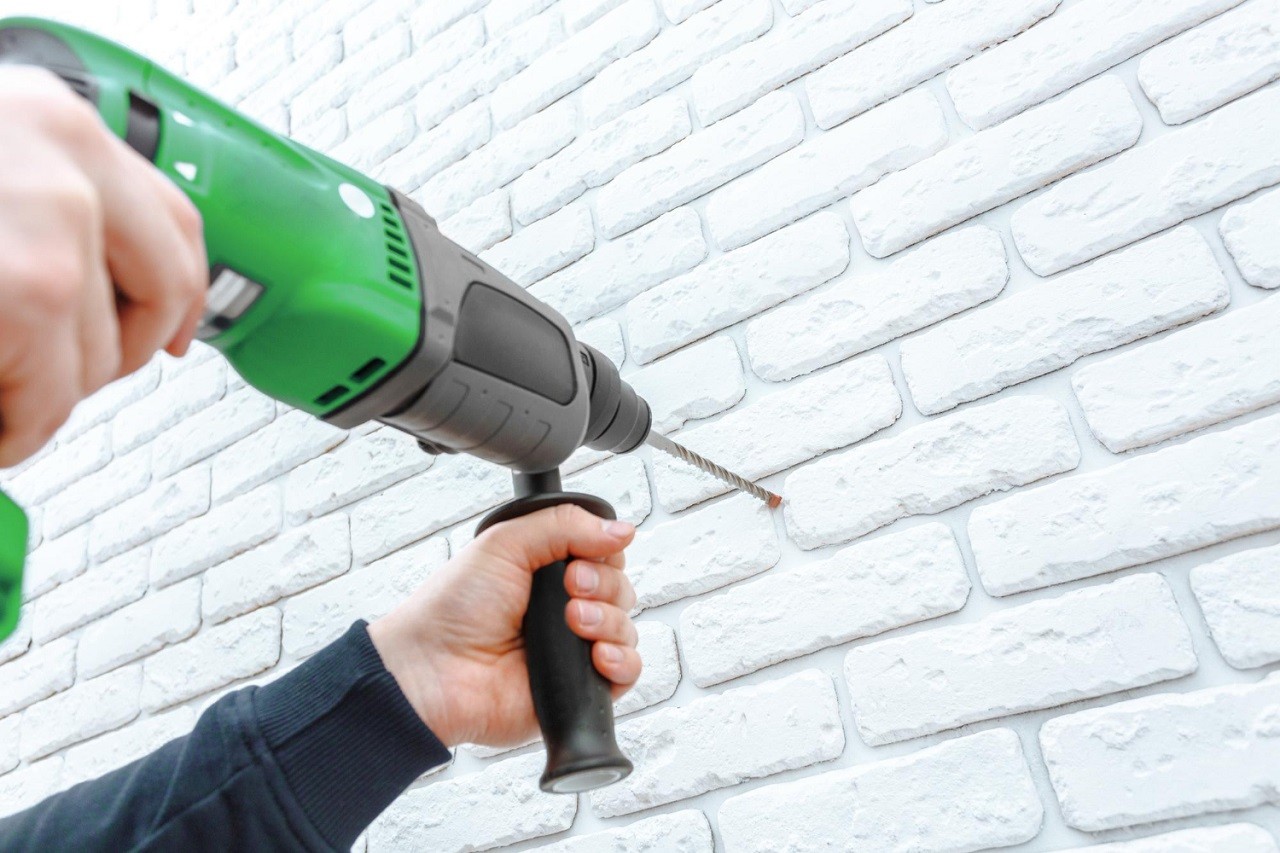
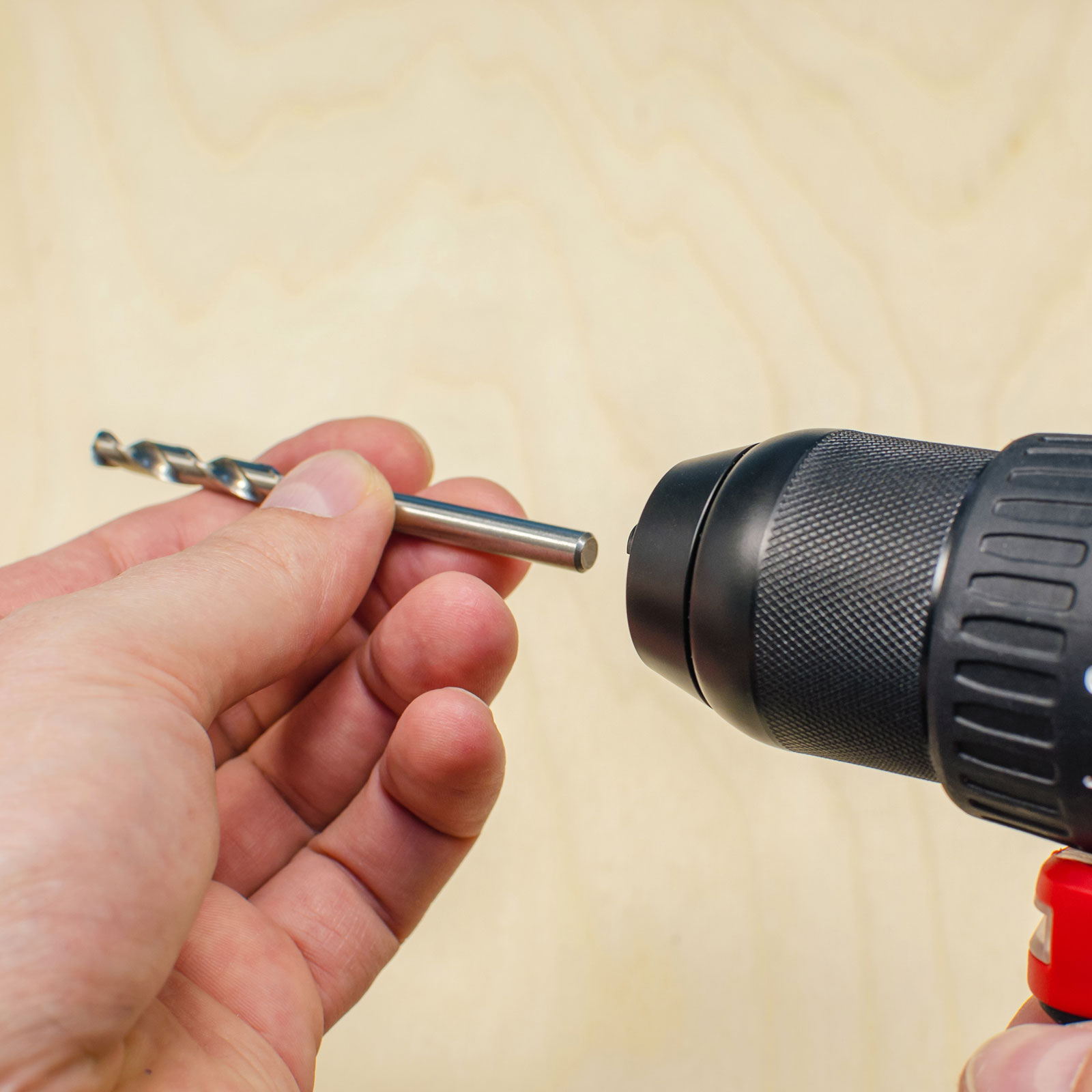
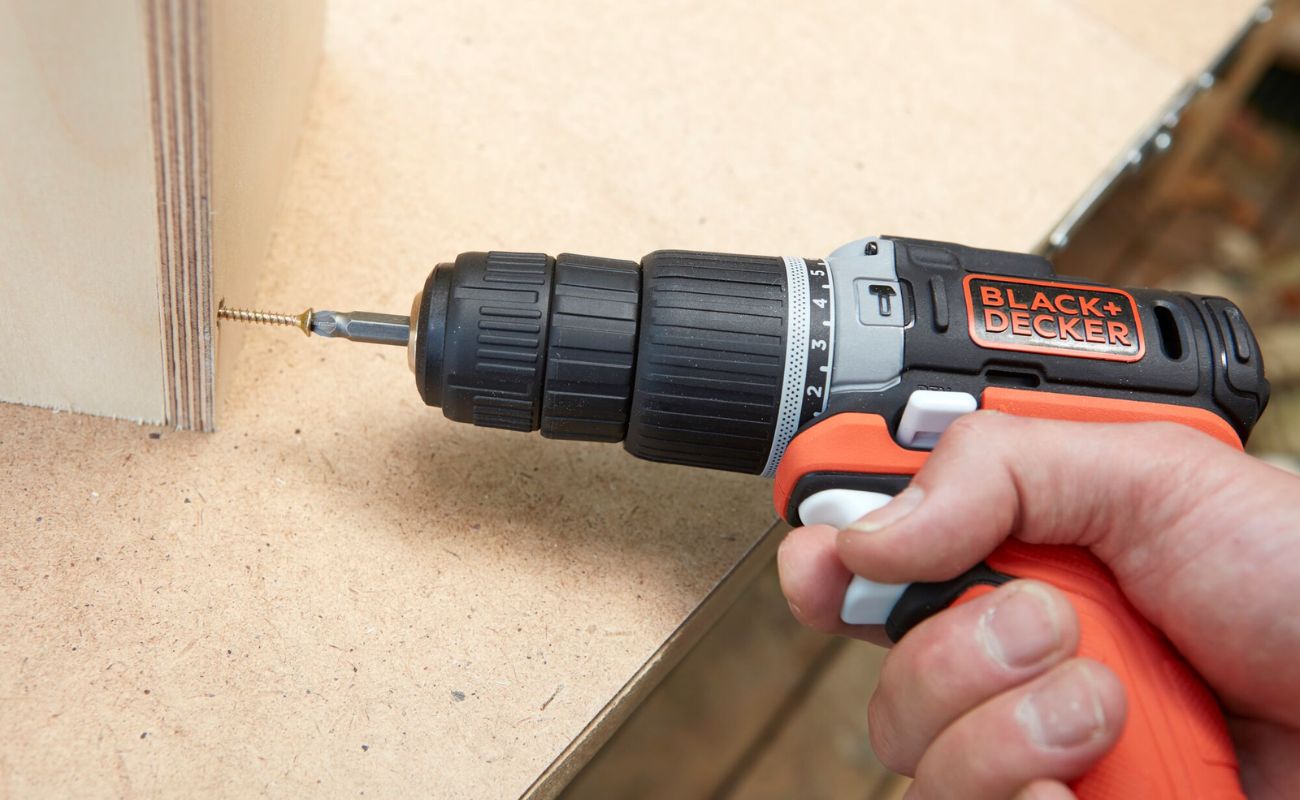
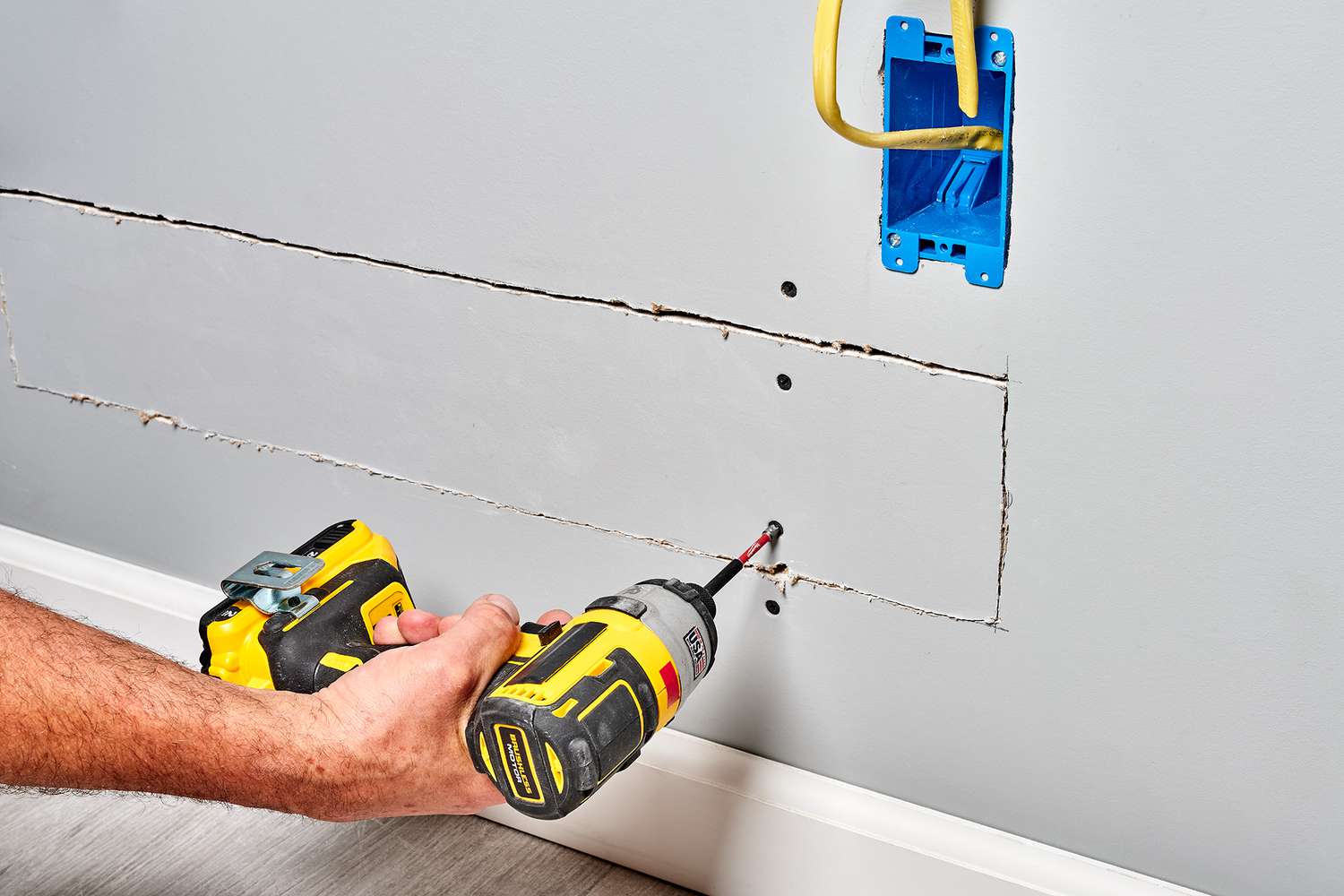
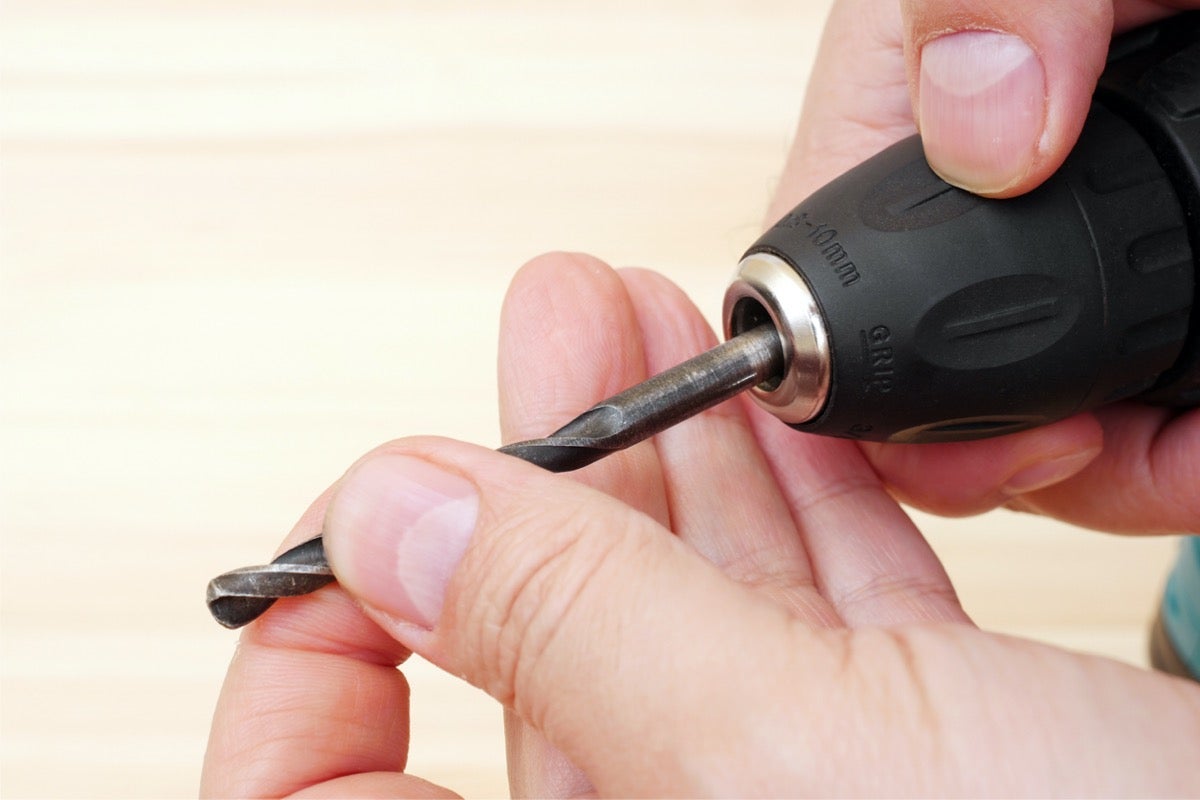

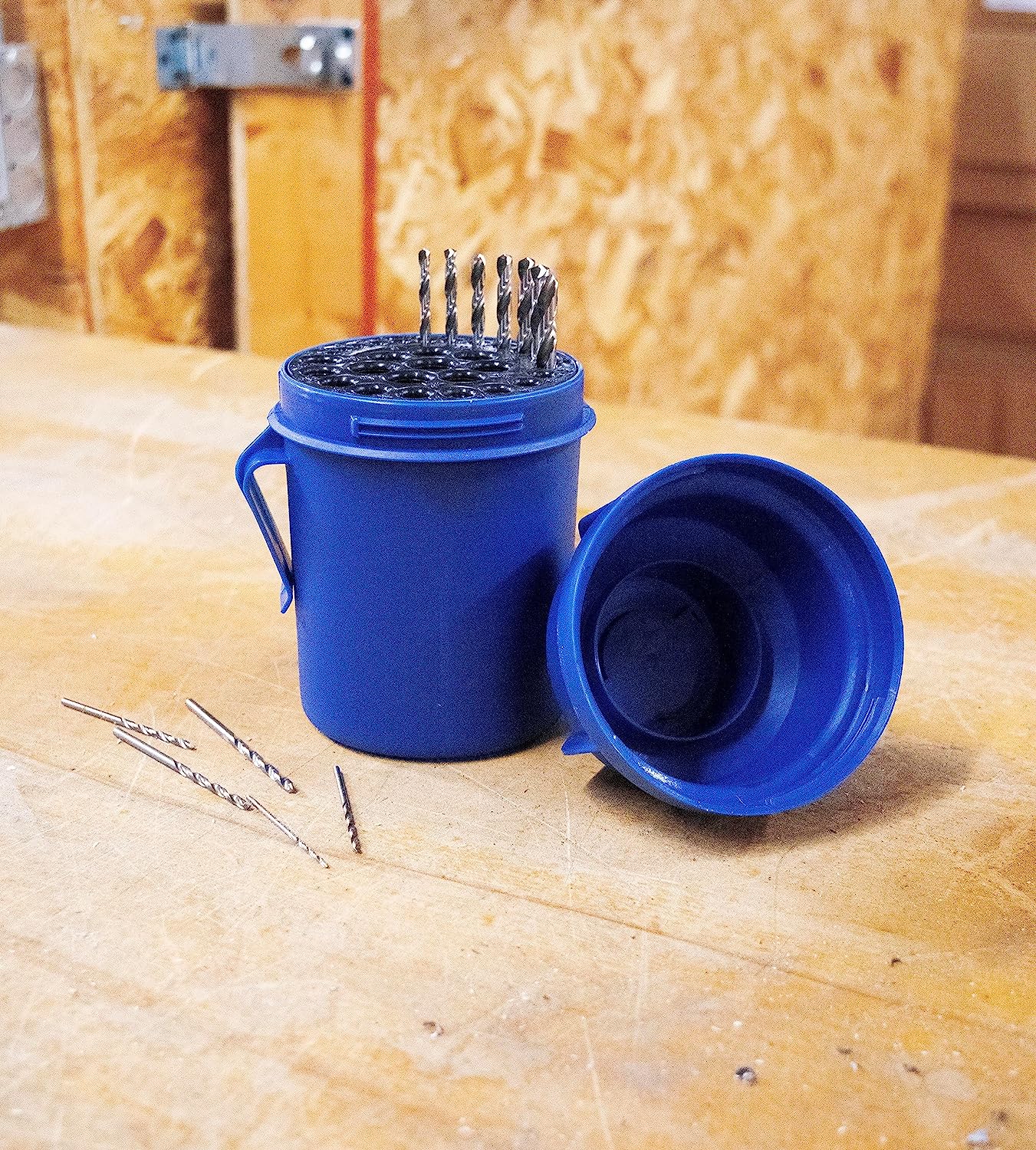
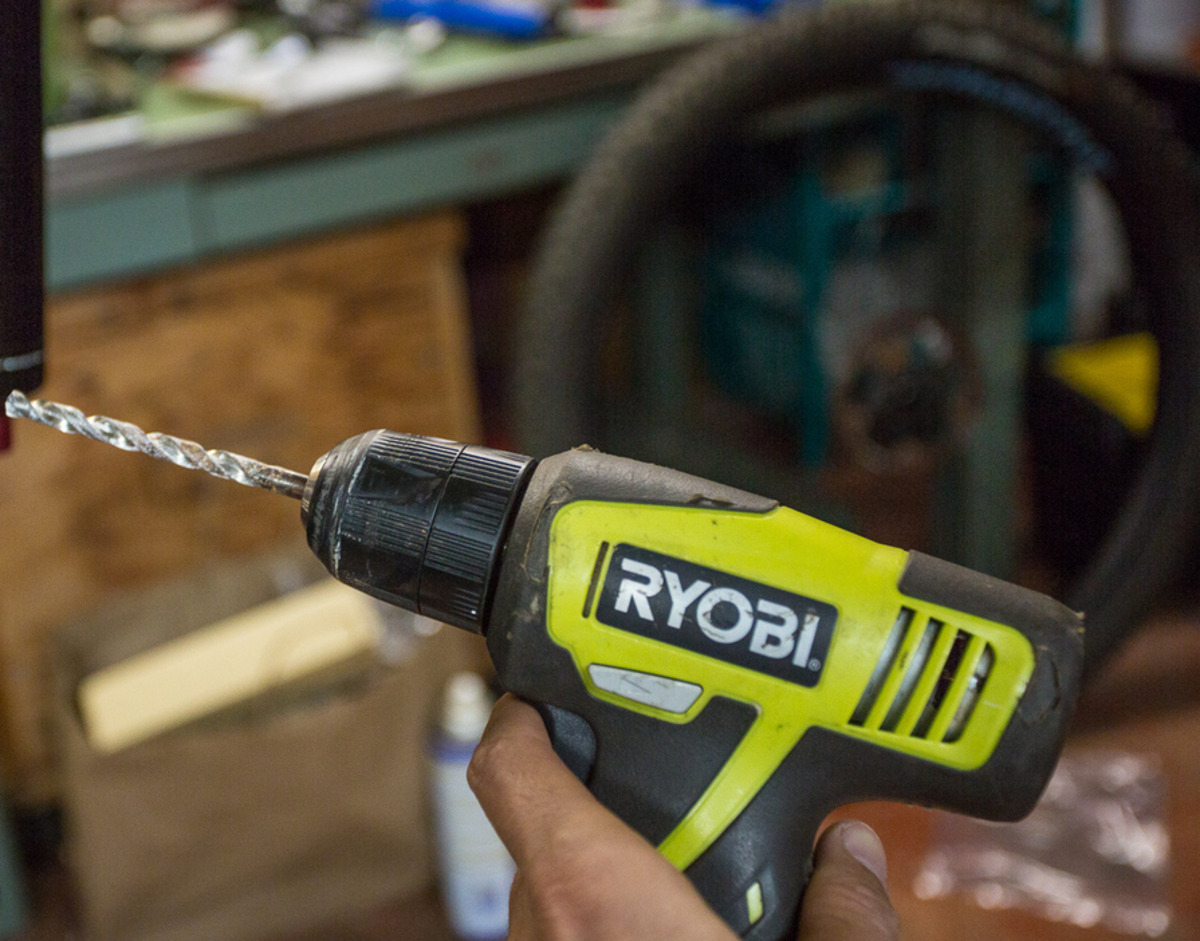
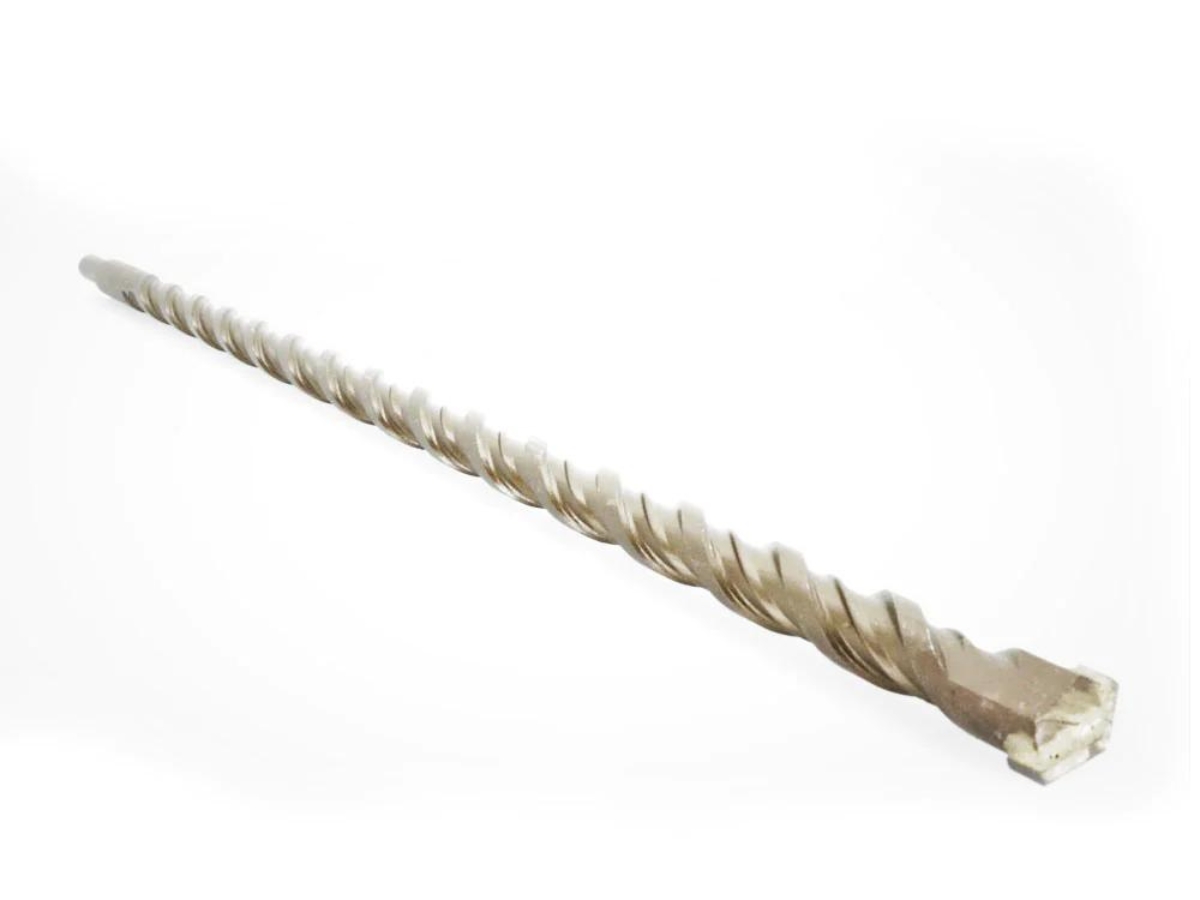
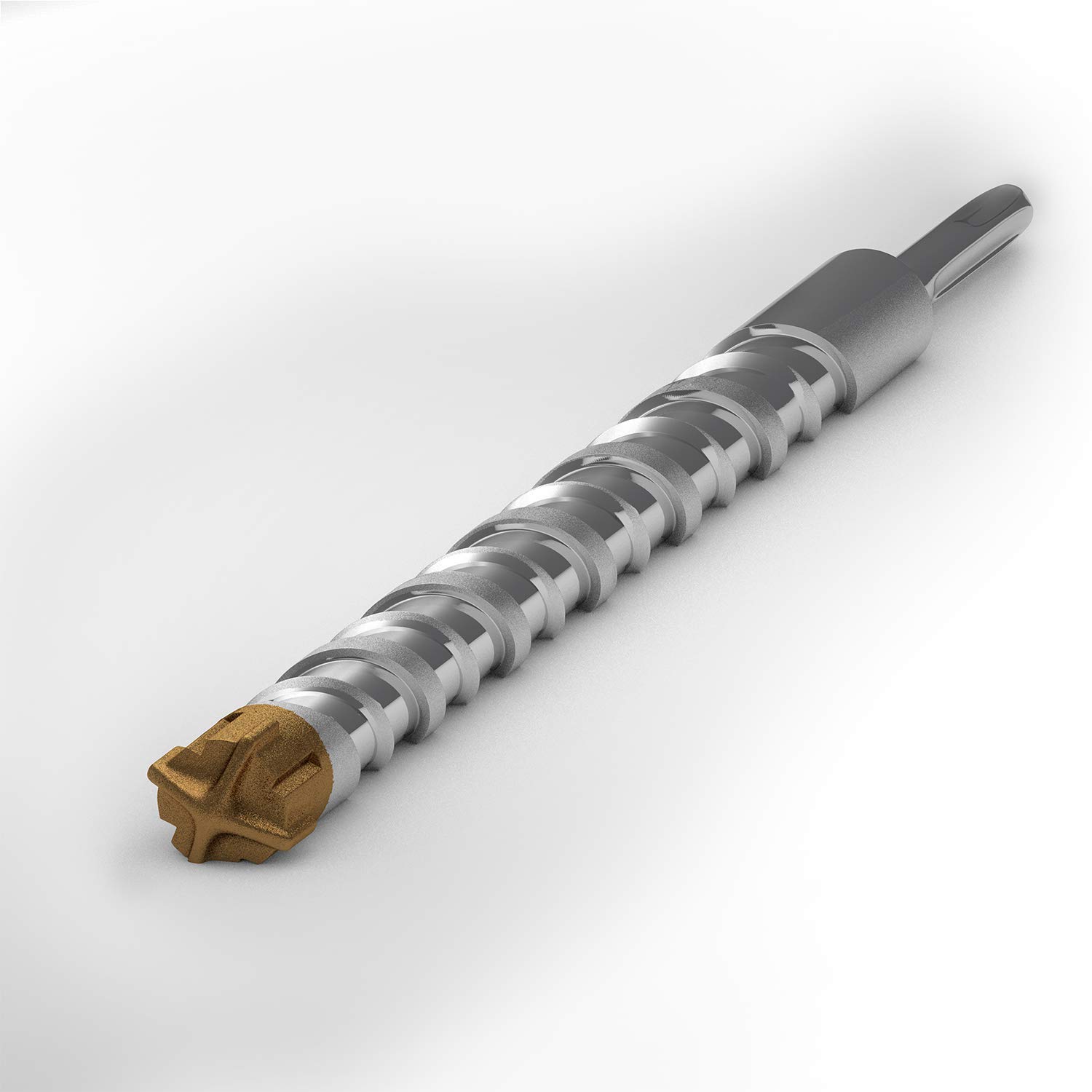
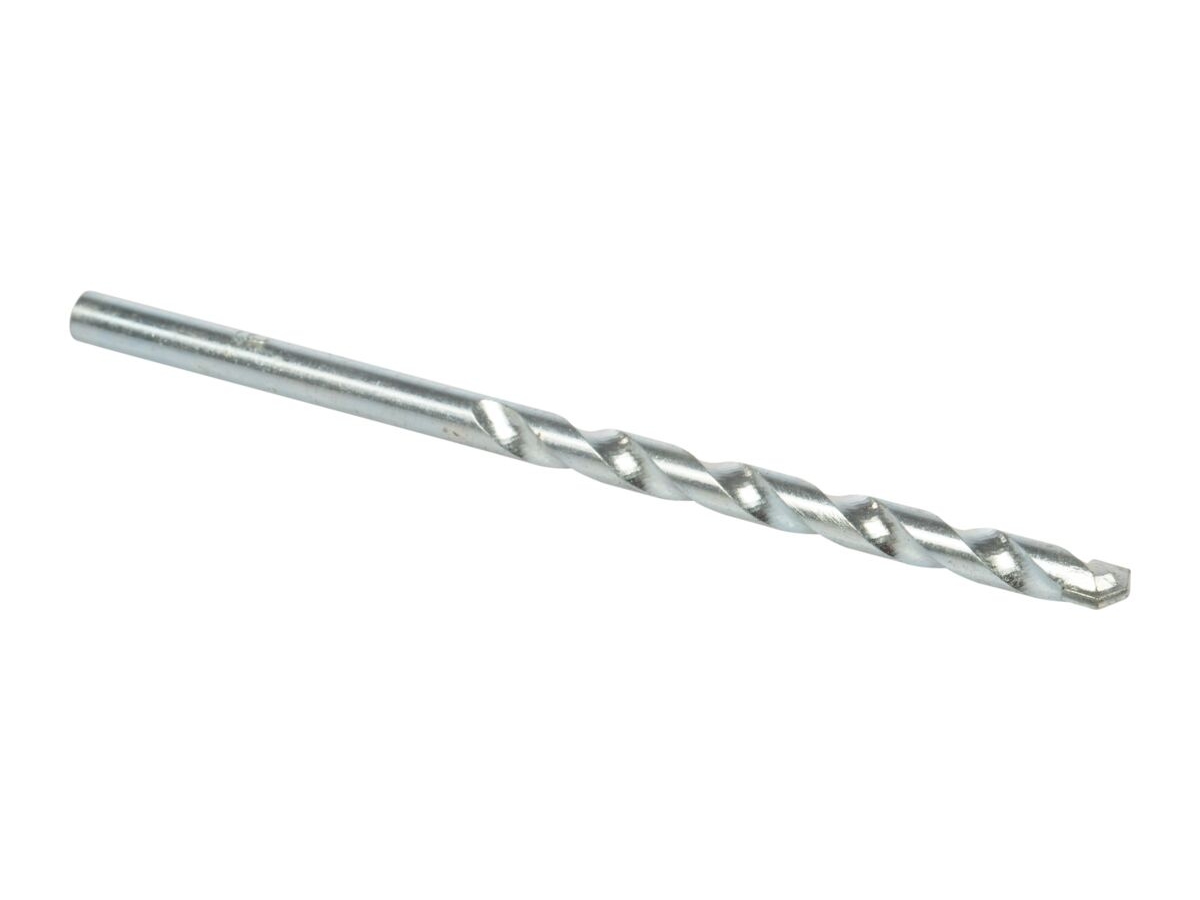
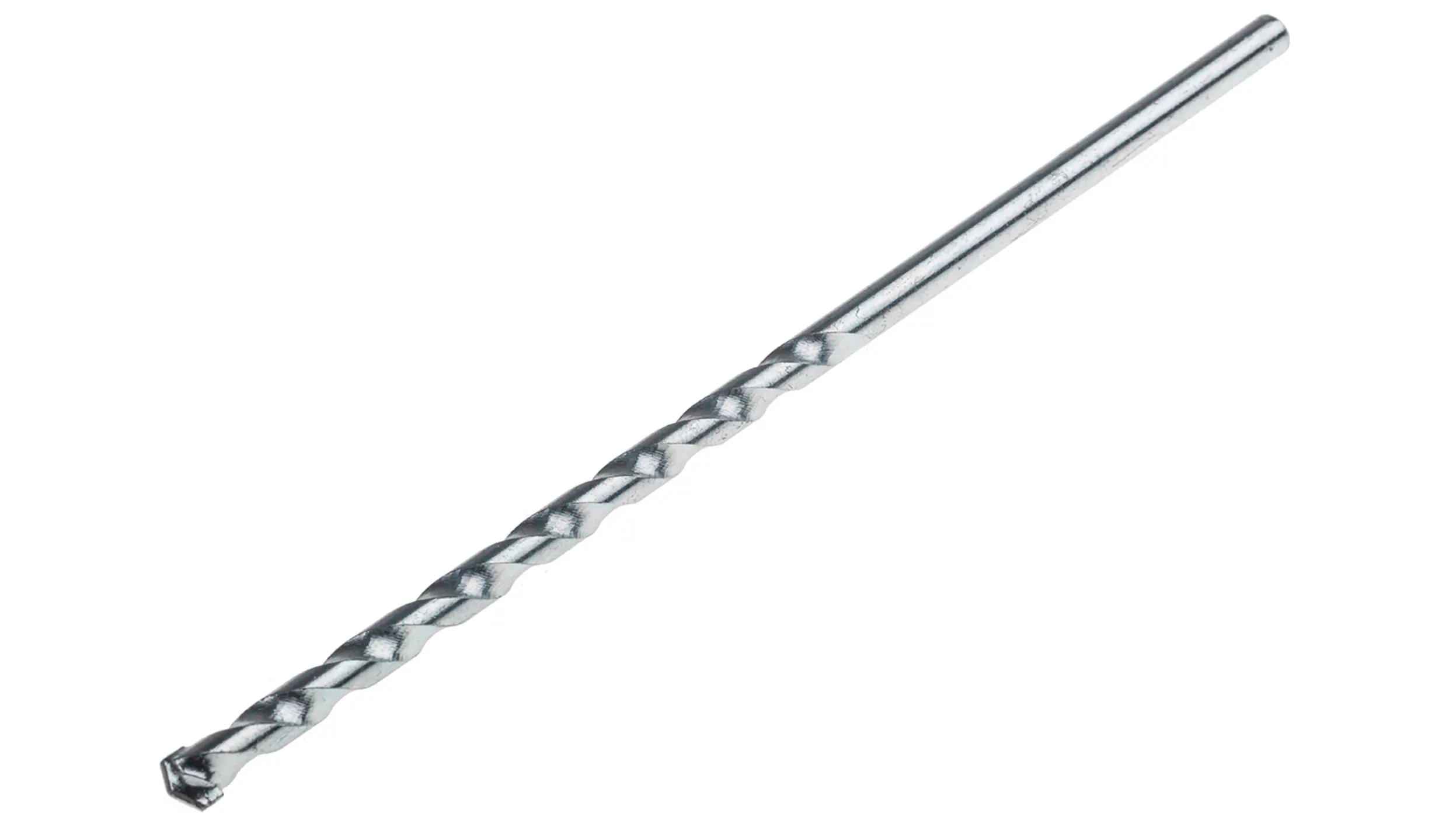
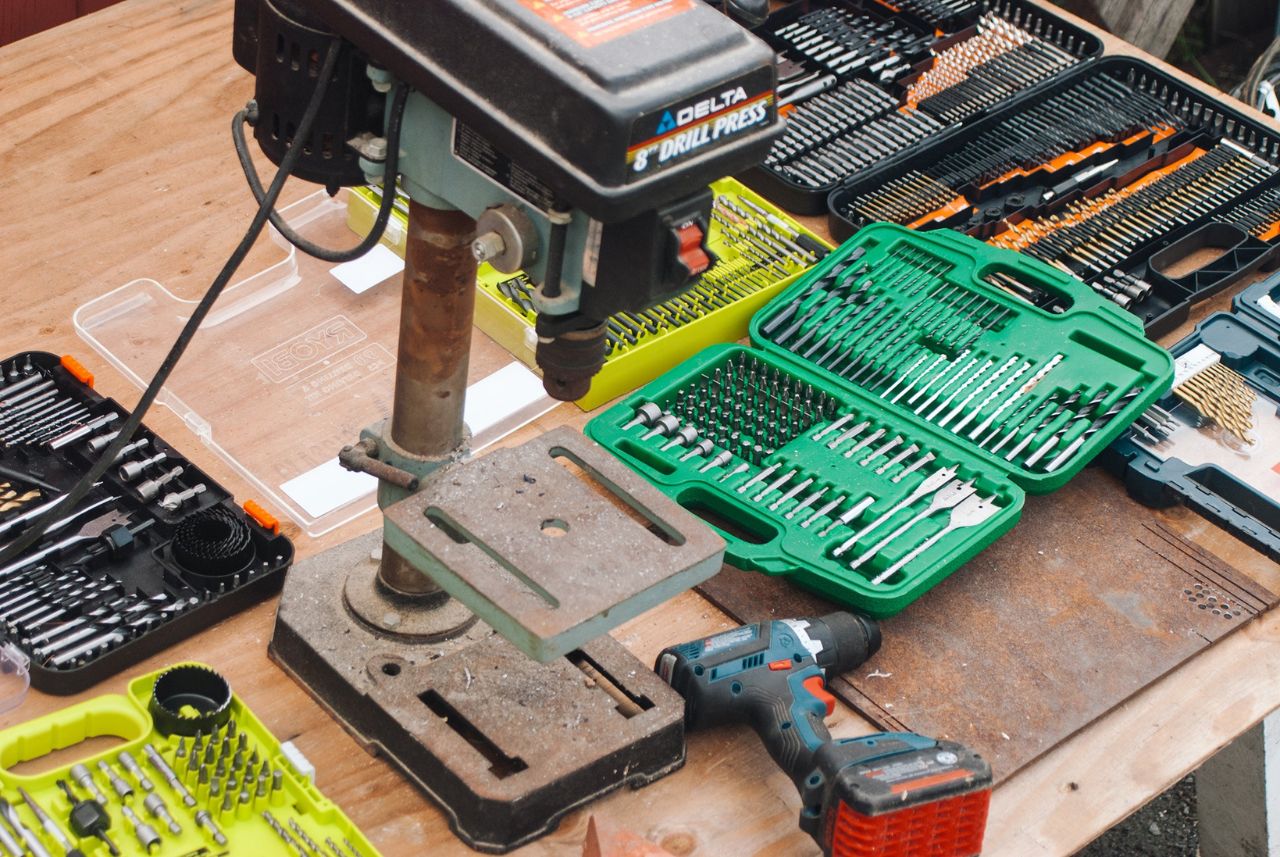
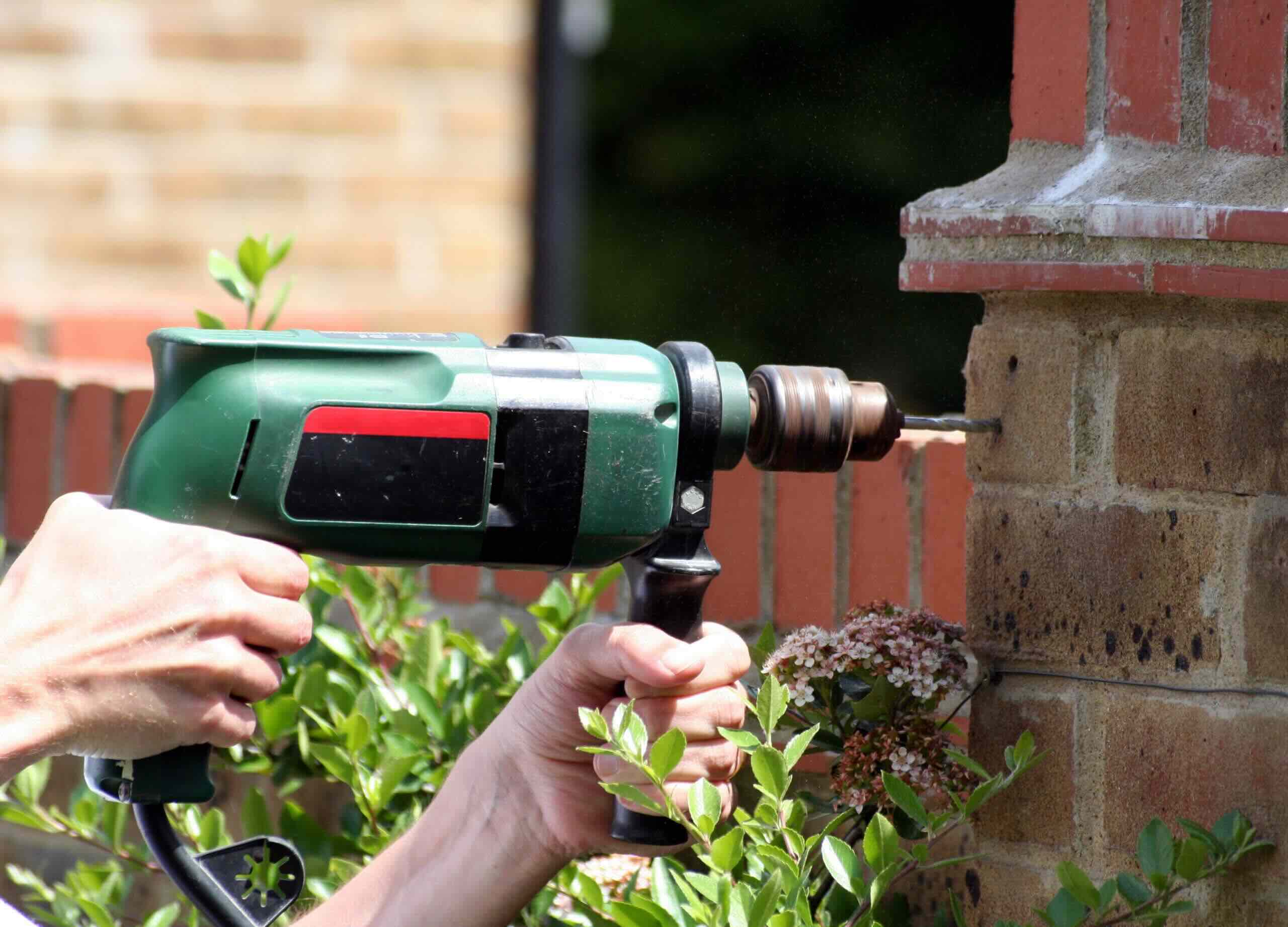

0 thoughts on “What Bit To Use To Drill Into Brick”